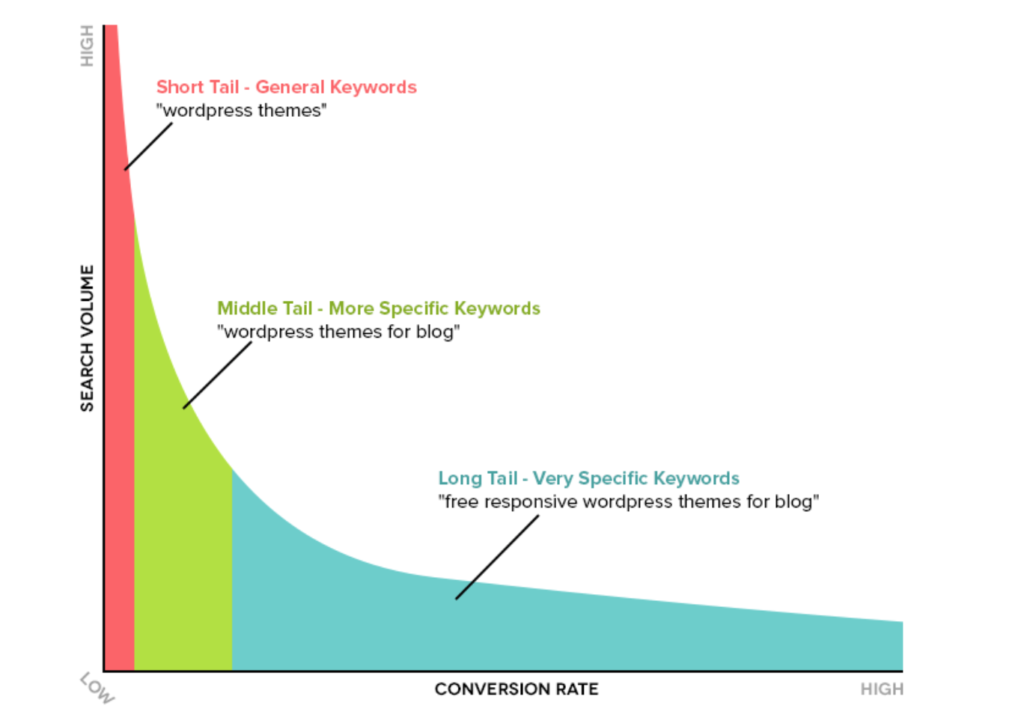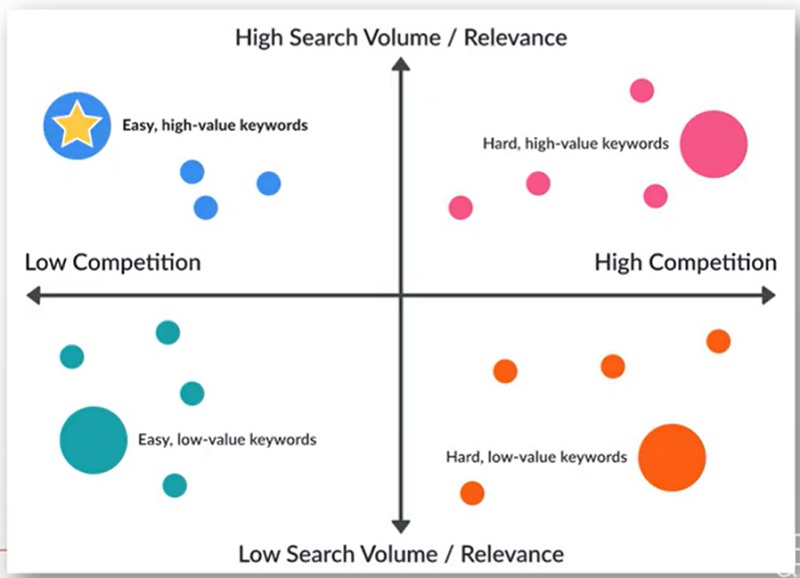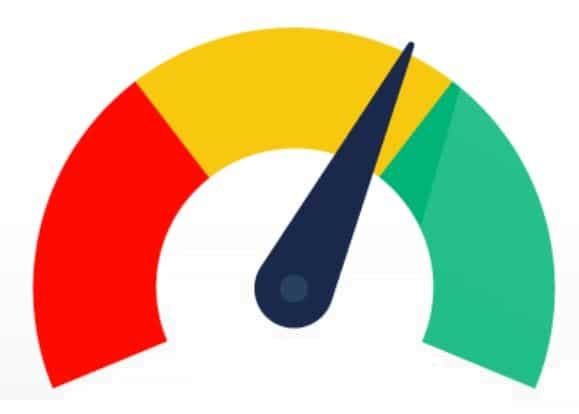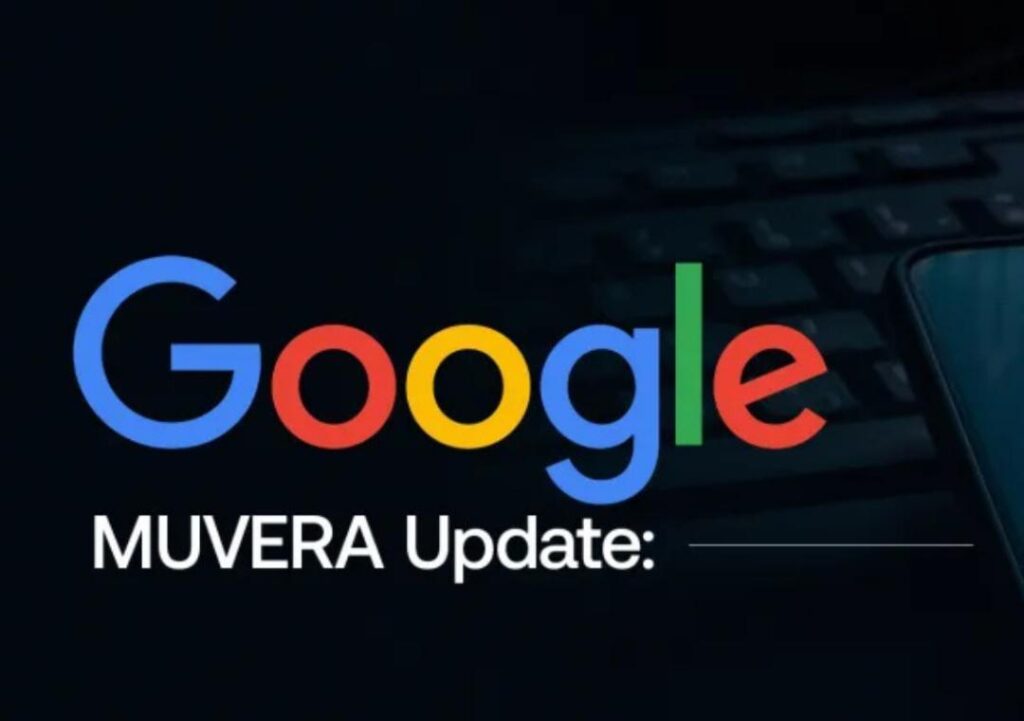Many people wonder What is the optimal word count for Google and SEO rankings?
Is 250 words the minimum amount of content per page?
Here is our answer:
There is no ideal nor minimum word-count magic number per page. It depends on the kind of business you are running, the industry, the subject matter, the specific page and the content you are talking about. For a category page, 250 words can be enough. Having more words can also help by adding unique content that makes your category page more competitive. For blog articles, case studies and similar types of content, you need much more to cover what the reader needs to know about the topic.
How to assess how many words per content to aim for?
Think about what people are expecting and what they want to see.
How many words depend on the industry and the subject matter. Look at the top-ranking pages for the specific search term you are targeting and take note of the average word count per page. This will give you a good indication.
Make sure your content makes sense for the page type, that it looks natural and satisfies the user search need.
For example, If you write a how-to content, you would clearly need to add an introduction of the topic, the list of items or tools needed, a descriptive step-by-step guide and additional resources that help the reader. For this, 1200 or even 1500 words might not be enough.
Sometimes a long content can hurt your page rankings
Having brief information on the page is sometimes all that users need. An image might be worth more than excellent content with thousands of words for some search terms. Think of users searching for design ideas, for instance. All they need is to see an image and not read text). Therefore, you will find that Google displays images on the top rank position of result pages for those searches.
Always check user search intent and what ranks on top pages before deciding on word count. The same applies to deciding on your content type, elements, and layout.
Searching the user intent is a process that starts with your targeted keyword research. Here are some tips on conducting successful keyword research.
Elements to consider for your Keyword research
When planning your keywords for your content writing, take the time to answer those questions. This ensures you find the Keywords that drive you traffic and serve your users.
- What are your users looking for on the internet related to your products and services?
- What are your and competitors’ traffic-driving keywords and backlinks?
- What are your users looking for on the internet related to your products and services?
- What are your competitor’s traffic-driving sources?
- Are you using the right keywords that address the different user need awareness and purchase process stages?
- Are you using the keywords relevant to the organic maturity level of your website? The more optimization you do, the higher domain authority your website will have, and the more competitive keywords you can target and rank with
- Are you addressing keywords trends and seasonality for your product releases, offers and promotions? Google trends will help you with this
- Are you monitoring the ranking factors for your selected keywords and optimizing based on that?
- User search is constantly evolving; are you on top of new content and keyword ideas?
New to keyword research? Here is a comprehensive guide by Ahrefs.
Keywords with higher search volumes might not be your right choice
You need to select your targeted keywords carefully and not merely aim for high search volumes for their popularity.
Short tail vs long-tail keywords:

Short-tail keywords are general search queries consisting of one or two words. Ex. ‘lawyer’.
Long-tail keywords consist of three to five or even more words. Ex. ‘real estate lawyer’ or ‘best corporate lawyer.’
When users search for generic topics they might be at the beginning of their search journey or the need awareness process. Therefore, they usually search using short-term keywords (one or two words). However, the more they progress with the search and get closer to the purchase decision and need identification step, they use more descriptive keywords. No wonder why longer-tail keywords have higher conversion rates.
Consider for example the generic search for ‘women jackets’, vs. the more descriptive search term ‘Long women black leather jacket’. Which one do you think signifies that the user is closer to buying?
Remember that each keyword has a specific competition level depending on how many other websites are targeting this keyword, how well they satisfy the user search need with their content and the domain authority value of those websites.

For a new website, you might need to target long-tail and low-competitive keywords to increase your content’s chance to rank on top of search engine result pages (SERPs). Even if those keywords have lower search volumes.
If you have a website with stronger domain authority, you can aim for medium and high competitive keywords.
There is no one size fits all. SEO processes need to be customized to your website performance, business KPIs and industry.
Quality content is key; here is how to assess
Check whether your content passes the below quality checks. Answer the questions and ask others whether your content delivers on those elements. Important to diversify the profile of people you ask and choose those who are tech and non-tech savvy, who have beginner knowledge, intermediate and expert knowledge in the subject matter. This will give you a full spectrum of the users who might be reading your content.
- Does your content provide original information, reporting, research or analysis?
- Does it provide a substantial, complete or comprehensive description of the topic?
- Does it give insightful analysis or interesting information that is beyond obvious?
- If your content draws on other sources, does it avoid copying/rewriting those sources and provide substantial additional value/originality?
- Does the headline and/or page title provide a descriptive, helpful summary of the content?
- Would you want to bookmark your content, share it with a friend, or recommend others to read it?
- Would you expect to see this content in a printed magazine, encyclopedia or book? Or featured on other websites?
- Did you include formats proven to generate links (ex, infographics, whitepapers, data, research, webinars..)?
Tipp: Thinking of diffusion from the beginning helps you maximize your content performance results.
Part of your content planning, you need to :
- Identify content format, angle and structure
- Define your target audience, the search intent your content serves
- The platforms you intend to have your content posted on (ex. Social media pages, specific industry groups, blogs..etc.)
Final say about word count
A standard optimal word count per page is a myth. The content length depends on the search term you target and the user intent. Do your diligence in finding out the content you need to cover on your page and provide good quality. Think of the user first; search engines will follow.
Should you have any questions about SEO strategy, content marketing and SEO, and or growing your website’s qualified leads, reach out to us here.









